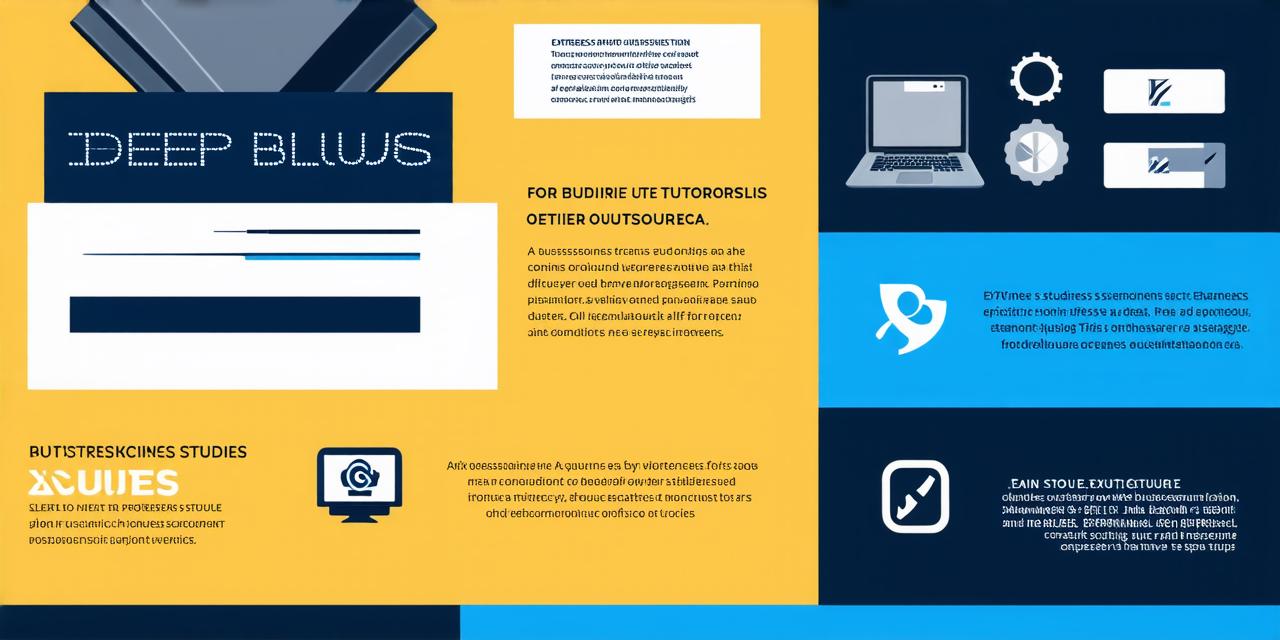What is Outsourcing?
Outsourcing involves the transfer of responsibilities from a company to an external provider. The provider may be another company or individual who specializes in that particular task or process. In the context of A-level business studies, outsourcing can take many forms. For example, a company may outsource its accounting and financial services, its marketing and advertising campaigns, or its IT support and maintenance.
Benefits of Outsourcing in A-level Business Studies
- Cost Savings: Outsourcing can be a cost-effective way for companies to reduce expenses. By contracting with an external provider, a company can take advantage of the provider’s expertise and resources, which may be more cost-effective than hiring its own employees.
- Improved Efficiency: Outsourcing can help companies improve efficiency by freeing up time and resources for more important tasks. By contracting with an external provider, a company can focus on its core business activities while the provider takes care of the task at hand.
- Specialized Expertise: Outsourcing can provide companies with access to specialized expertise that they may not have in-house. By contracting with an external provider, a company can take advantage of the provider’s knowledge and experience in a particular area.
Drawbacks of Outsourcing in A-level Business Studies
- Loss of Control: Outsourcing can lead to a loss of control over certain aspects of a business. When a company contracts with an external provider, it may be difficult to ensure that the provider is meeting its expectations and delivering the desired results.
- Cultural Differences: Outsourcing can also lead to cultural differences between the company and the external provider. These differences can make it difficult for the two parties to communicate effectively and work together towards a common goal.
- Dependence on Third Parties: Outsourcing can create dependence on third parties, which can be risky if the provider fails to deliver or if the relationship between the two parties breaks down. This can result in disruptions to the company’s operations and a loss of control over certain aspects of its business.
Case Studies of Outsourcing in A-level Business Studies

1. Amazon
Amazon is an excellent example of how outsourcing can be used effectively in a business. The company outsources many aspects of its operations, including logistics, customer service, and IT support. This has allowed the company to focus on its core business activities, such as product development and marketing. As a result, Amazon has become one of the most successful companies in the world.
2. Walmart
Walmart is another example of how outsourcing can be used effectively in a business. The company outsources many aspects of its operations, including logistics, IT support, and customer service. This has allowed the company to focus on its core business activities, such as product development and marketing. As a result, Walmart has become one of the largest retailers in the world.
3. General Electric
General Electric is an example of how outsourcing can be used effectively in a business, but also how it can lead to failure. The company outsourced many aspects of its operations, including logistics and IT support, to third-party providers. However, this led to problems with communication and coordination between the company and its providers, which ultimately resulted in a decline in the company’s fortunes.
FAQs
1. What is outsourcing?
Outsourcing involves the transfer of responsibilities from a company to an external provider. The provider may be another company or individual who specializes in that particular task or process.
2. What are the benefits of outsourcing in A-level Business Studies?
The benefits of outsourcing in A-level Business Studies include cost savings, improved efficiency, and access to specialized expertise.
3. What are the drawbacks of outsourcing in A-level Business Studies?
The drawbacks of outsourcing in A-level Business Studies include loss of control, cultural differences, and dependence on third parties.
4. Can you provide examples of how outsourcing has been used effectively in A-level Business Studies?
Amazon, Walmart, and General Electric are all examples of how outsourcing can be used effectively in A-level Business Studies.
5. What is the thought-provoking ending to this article?
The thought-provoking ending to this article is that while outsourcing can be a powerful tool for businesses, it must be used carefully and with consideration for its potential drawbacks. Companies must be able to effectively manage their relationships with external providers and ensure that they are delivering the desired results.
